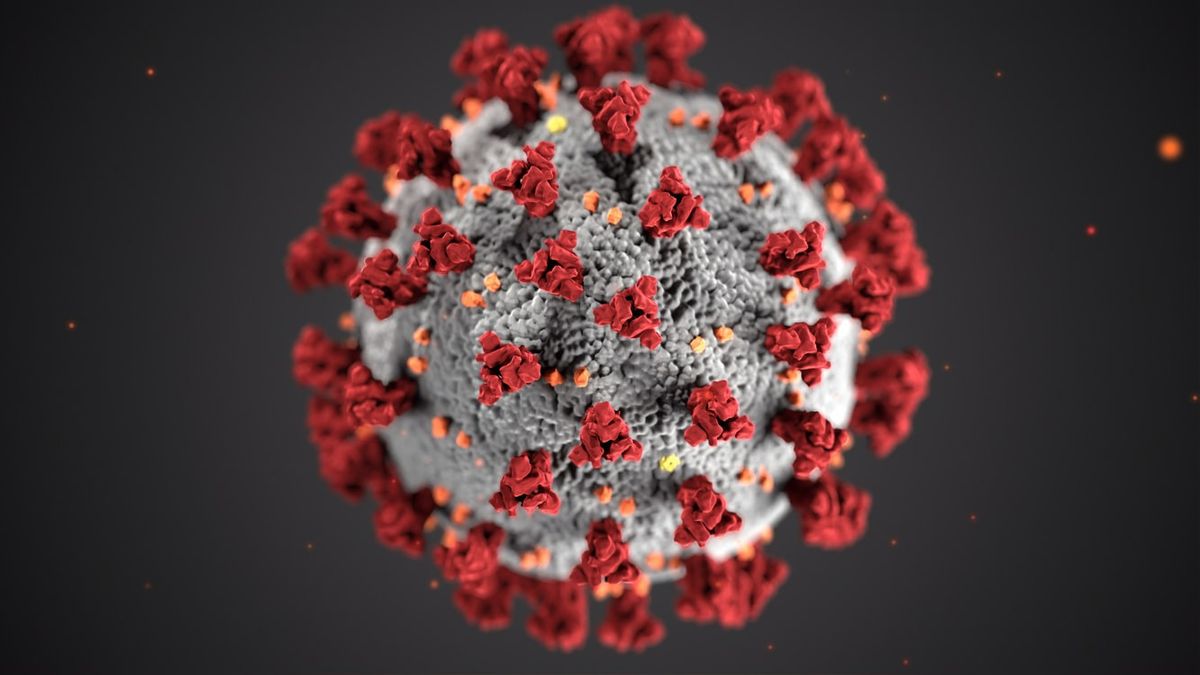JAKARTA – A new study says that the Omicron COVID BA.2 Sub-variant may be more dangerous than BA.1. It can even pose a greater risk to public health worldwide.
This BA.2 variant has made headlines in recent weeks and is the subject of ongoing research after overtaking the previously dominant BA.1 Omicron type in countries such as Denmark and South Africa.
Research has found that BA.2 has a significant transmission advantage over BA.1, meaning it has the potential to spread more rapidly through the population. But other key characteristics about the variant, such as whether it leads to increased hospitalizations or is more resistant to vaccines, have yet to be definitively determined.
Preliminary data from the UK Health Safety Administration (HSA) have suggested that the vaccine is as effective as BA.2 as BA.1, in preventing symptomatic disease, based on people receiving booster shots.
However, on Tuesday, February 15, dozens of researchers from Japan released a study in which they said they found that BA.2 may actually be more pathogenic or capable of causing disease. It is even claimed to be more resistant to previous immunity than BA.1. It should be noted that this research has not gone through a peer review process which will assess its quality and validity.
The researchers infected the hamsters with BA.1 and then obtained recovery serum, which is essentially a blood sample, from them after their bodies elicited an immune response, meaning their blood contained antibodies.
They then exposed samples of BA.1 and BA.2 to these antibodies to see what would happen. The researchers found that BA.2 was 2.9 times more resistant to hamster samples than BA.1.
They further tested these findings in mice by immunizing the animals with cells expressing the BA.1 spike protein and again testing their antibodies against BA.1 and BA.2. This time, they found that BA.2, 6.4 times more resistant than BA.1.
In addition, the researchers infected hamsters with BA.2 and BA.1 and found that the BA.2 group showed more health problems such as weight loss than those infected with BA.1. They also found that the amount of BA.2 virus was higher in the hamster lungs than BA.1.
The researchers also said that based on their findings, BA.2 should be given its own letter of the Greek alphabet and "recognized as a unique variant of concern."
However, there are limitations to keep in mind. As previously noted, this study has not been peer-reviewed. In addition, animal and cell culture models do not always translate accurately to humans.
VOIR éGALEMENT:
Jeremy Kamil, professor of microbiology and immunology at Louisiana State University Health Shreveport, told Newsweek that the research "seems very credible and rigorous" and came from an "excellent research group". But it also takes notes.
"I think it's always difficult to translate the differences, in animal and cell culture models, into what happens in relation to human disease. That said, the differences do look real," says Kamil.
"I also stress that immunity to BA.1 will reduce, and in many cases, completely protect people from, BA.2 infection in the near future," he added.
Ian Jones, professor of virology at the University of Reading in the UK, said he "couldn't see any flaws" in the Japanese study, but noted that the cell and animal models did not perfectly mimic the situation in humans.
He agrees with the conclusion that BA.2 "deserves variance of concern (VOC) status," but says that current monitoring is sufficient.
"Experiments are actually underway on the world's population and, as it turns out, the severity of the disease is much less than before," Jones said.
Mark Harris, a professor in the School of Molecular and Cellular Biology at the University of Leeds in the UK, told Newsweek the study looked "interesting," but cast doubt on the possibility of extrapolating laboratory-based data for real-world human infections.
The English, Chinese, Japanese, Arabic, and French versions are automatically generated by the AI. So there may still be inaccuracies in translating, please always see Indonesian as our main language. (system supported by DigitalSiber.id)














